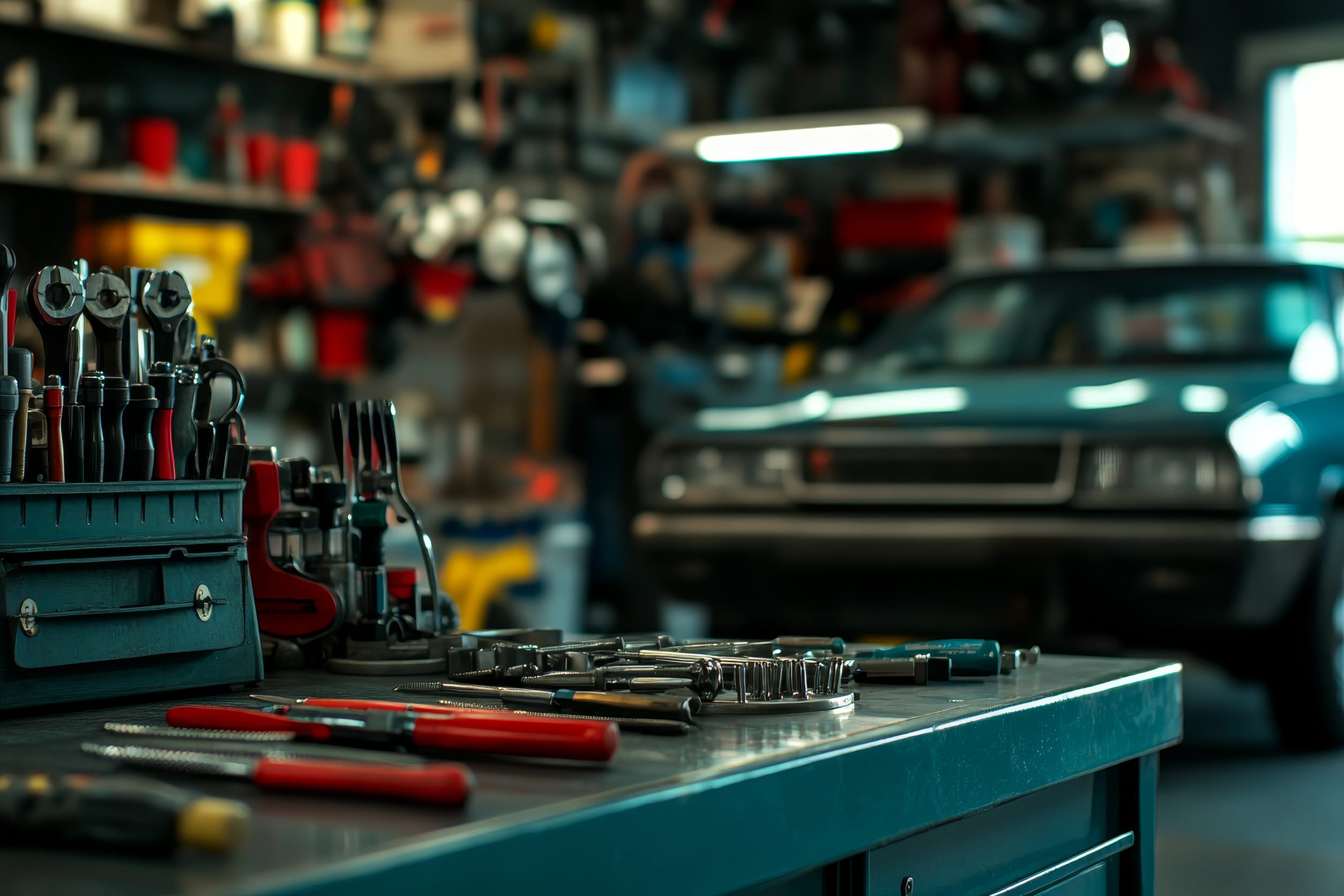4 Reasons Your Car Might Be Taking Forever In The Shop
Getting your car into the shop usually promises a few days of inconvenience, not a mini road trip in patience. But lately, “drop-off” often means “come back in three weeks.” That’s because a handful of hidden factors—from parts shortages to modern vehicle tech—are turning routine fixes into marathon sessions. Understanding what’s really causing these car repair delays gives you the power to push back, plan ahead, and stay mobile without breaking the bank. Here are the four most common reasons why your car might be sitting longer than expected.
What’s With Car Repair Delays?

1. Parts Shortages and Supply Chain Snags
One major reason for car repair delays? Parts availability—or the lack thereof. Mechanics often must order parts for your make or model, which can take days or even weeks. Recent global disruptions have made this worse, with certain sensors and components on extended backorder. Shops simply can’t start or complete work until they’ve got the right parts in hand. So if your car’s oversized wait starts with “Out of stock,” that’s why.
2. Complex Diagnostics on Modern Cars
Today’s cars are essentially computers on wheels, packed with chips, sensors, and automated systems. Diagnosing even a simple issue often involves scanning software, testing systems, and decoding cryptic engine codes. What used to be quick mechanical fixes can now require hours—or days—of detective work. And the more high-tech your ride, the longer the tech has to tinker before giving it the go-ahead. Modern diagnostics may save future breakdowns, but they also slow things down now.
3. Insurance Red Tape and Approval Delays
If your repair involves an accident, insurance approvals can drag the process out. First, an adjuster has to assess the damage before the shop even starts estimating. Then quotes may need revisions and resubmissions—especially if extra issues pop up during repair. Until the insurance company says “OK,” the shop can’t order parts or proceed with labor. That back-and-forth might be necessary, but it’s also a major reason your car isn’t finished yet.
4. High Shop Backlogs and Staffing Shortages
Mechanic shortages and busy shops are another key culprit behind car repair delays. Many repair facilities are operating with fewer technicians than before, leaving existing staff stretched thin. That means your vehicle isn’t getting immediate attention—it’s being slotted in behind earlier jobs or more urgent repairs. Some estimates show repair waits stretching from two weeks to a month or more on complex claims. Unfortunately, even “simple fixes” can become timeline victims when everybody’s overwhelmed.
Total Wait Time? Here’s What It Adds Up To
When parts, diagnostics, insurance, and staffing all intersect, what should’ve been a weekend chase becomes a month-long saga. For instance, your shop might quote two weeks for labor, but wait another week for parts, and then tack on time for insurance approval. Add in backlogged repairs and staffing shuffle, and that two-day oil change can feel like a luxury. It’s frustrating, but knowing the blockages allows you to address them head-on.
How to Cut Down on Car Repair Delays
Take control of your car’s ride—or better yet, your replacement ride:
- Ask upfront about parts availability and expected lead times.
- Choose shops with strong OEM relationships or efficient supply chains.
- Consider aftermarket or reconditioned parts if OEM parts are stuck on backorder.
- Stay hands-on with your insurer, refusing to let estimates linger without updates.
- Ask for a loaner or rental if repairs stretch beyond a few days—even better if it’s pre-negotiated.
A little clarity and assertiveness can turn weeks stuck at the shop into a few efficient days off the road.
Waiting Smarter Means Driving Sooner
Knowing why your car repair drags out helps you push back, upgrade your shop, or choose a quicker alternative. It’s not just about convenience—it’s about cost-saving, stress reduction, and staying on the road. So next time the mechanic gives you a distant date, dig in: ask why, and demand answers. Your ride—and schedule—depend on it.
Have you experienced an endless wait for car repairs? What factors slowed things down, and what helped finally get you back on the road? Share your story in the comments to guide fellow drivers!
Read More
8 Things You Should Never Keep in Your Car (For Your Own Safety)
5 Car Brands That Abandoned Hybrid Technology After Profiting From the Hype

I bought 4 Jaguars this summer in Maine (US), am having a terrible time of finding competent shops.
I am no longer able to work on vehicles. Which I need to accept.
A. European Repair shops do not work on Jaguars.
B. Most places work on newer cars only.
C. The tech’s that work on the older cars have retired.
D. They seem simple to work on.
E. One shop was using spray foam for rust repair and putty for the exhaust leaks…. After 3 months, the car keeps stalling.